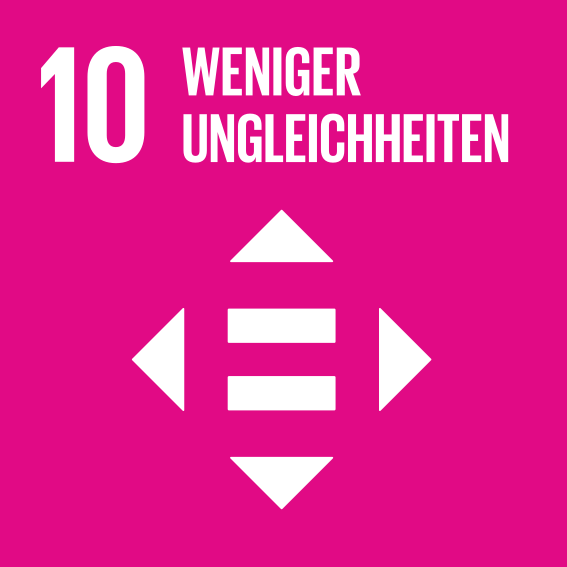|
Child well-being in post-separation families
Kleinschlömer, Pauline
![[img]](https://madoc.bib.uni-mannheim.de/style/images/fileicons/application_pdf.png) |
PDF
Dissertation_Kleinschlömer_Publikation.pdf
- Veröffentlichte Version
Download (1MB)
|
|
URN:
|
urn:nbn:de:bsz:180-madoc-678830
|
|
Dokumenttyp:
|
Dissertation
|
|
Erscheinungsjahr:
|
2024
|
|
Ort der Veröffentlichung:
|
Mannheim
|
|
Hochschule:
|
Universität Mannheim
|
|
Gutachter:
|
Möhring, Katja
|
|
Datum der mündl. Prüfung:
|
19 September 2024
|
|
Sprache der Veröffentlichung:
|
Englisch
|
|
Einrichtung:
|
Außerfakultäre Einrichtungen > MZES - Arbeitsbereich A
|
|
Lizenz:
|
 Creative Commons Namensnennung 4.0 International (CC BY 4.0)
Creative Commons Namensnennung 4.0 International (CC BY 4.0)
|
|
Fachgebiet:
|
300 Sozialwissenschaften, Soziologie, Anthropologie
|
|
Freie Schlagwörter (Englisch):
|
child well-being , post-separation families , stepfamilies
|
|
Abstract:
|
Family structures in advanced societies have changed significantly in recent decades. The post-World War II era was dominated by stable nuclear families consisting of two parents and their biological children. Today, family arrangements increasingly include post-separation families, such as single-parent families and stepfamilies. However, living in post-separation families has profound consequences for children's well-being. Children living in post-separation families tend to fare worse on several measures of well-being than children living with both biological parents. This dissertation explores this issue further by analyzing heterogeneous effects based on children's gender, relationship quality, age, and socioeconomic background. In addition, the dissertation acknowledges the diversity of post-separation families and analyzes children's well-being after transitioning to a stepfamily, which is often overlooked in previous research. Finally, by using longitudinal data from Norway and Germany, the dissertation contributes to extending the causal analysis of child well-being in post-separation families beyond the U.S. context to the European context.
|
|
Übersetzter Titel:
|
Kindliches Wohlbefinden in Trennungsfamilien
(Deutsch)
|

 | Dieser Eintrag ist Teil der Universitätsbibliographie. |
 | Das Dokument wird vom Publikationsserver der Universitätsbibliothek Mannheim bereitgestellt. |
 Suche Autoren in Suche Autoren in
Sie haben einen Fehler gefunden? Teilen Sie uns Ihren Korrekturwunsch bitte hier mit: E-Mail
Actions (login required)
 |
Eintrag anzeigen |
|
|
